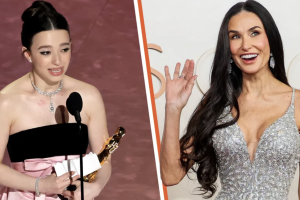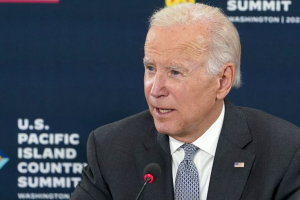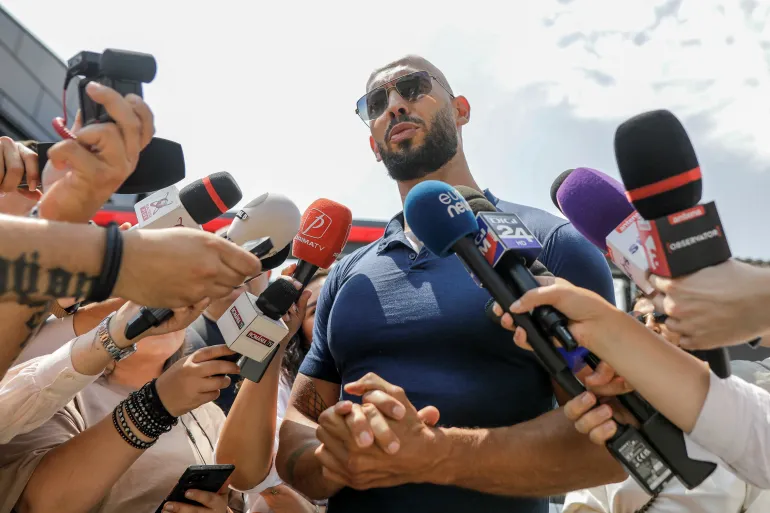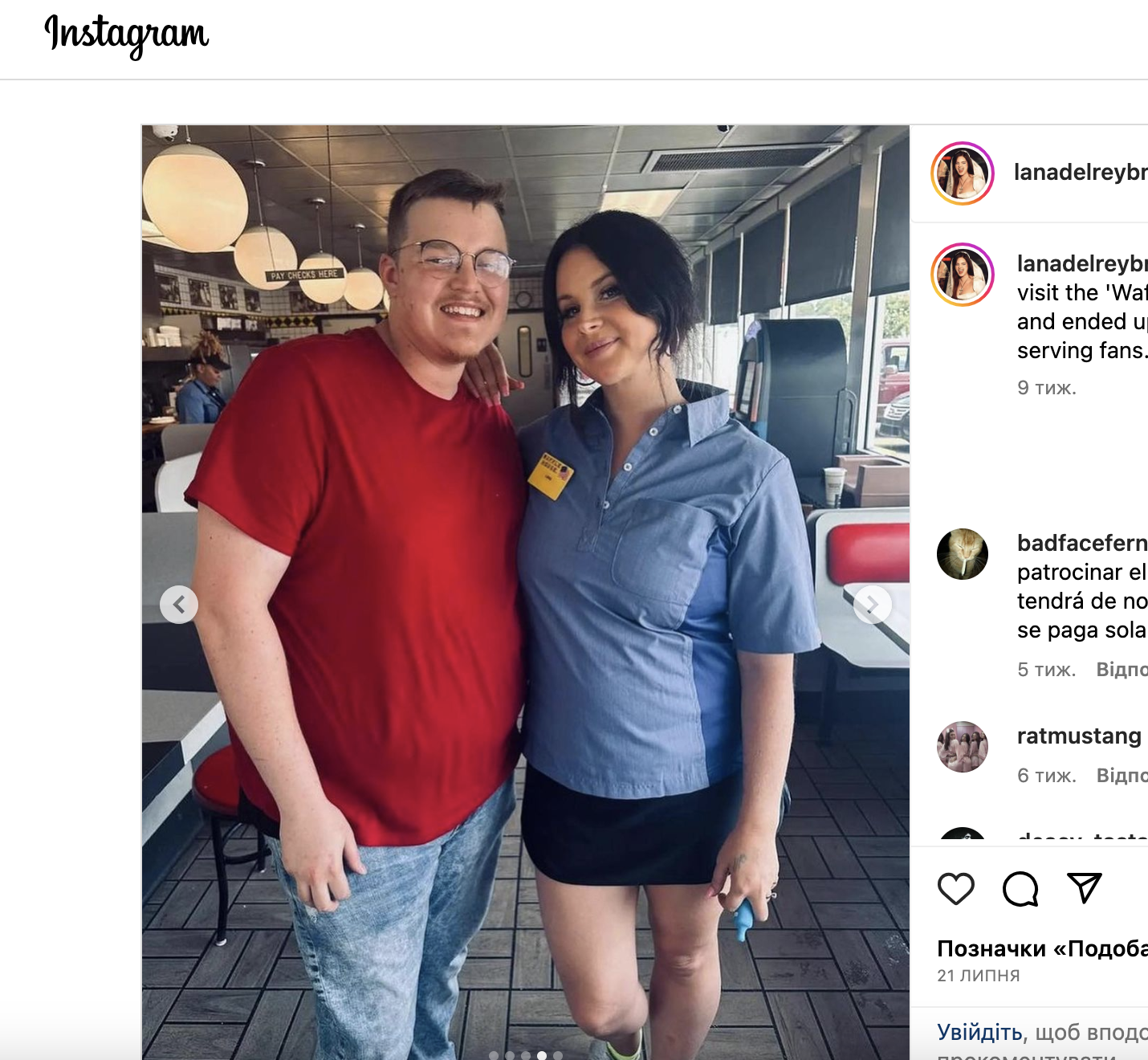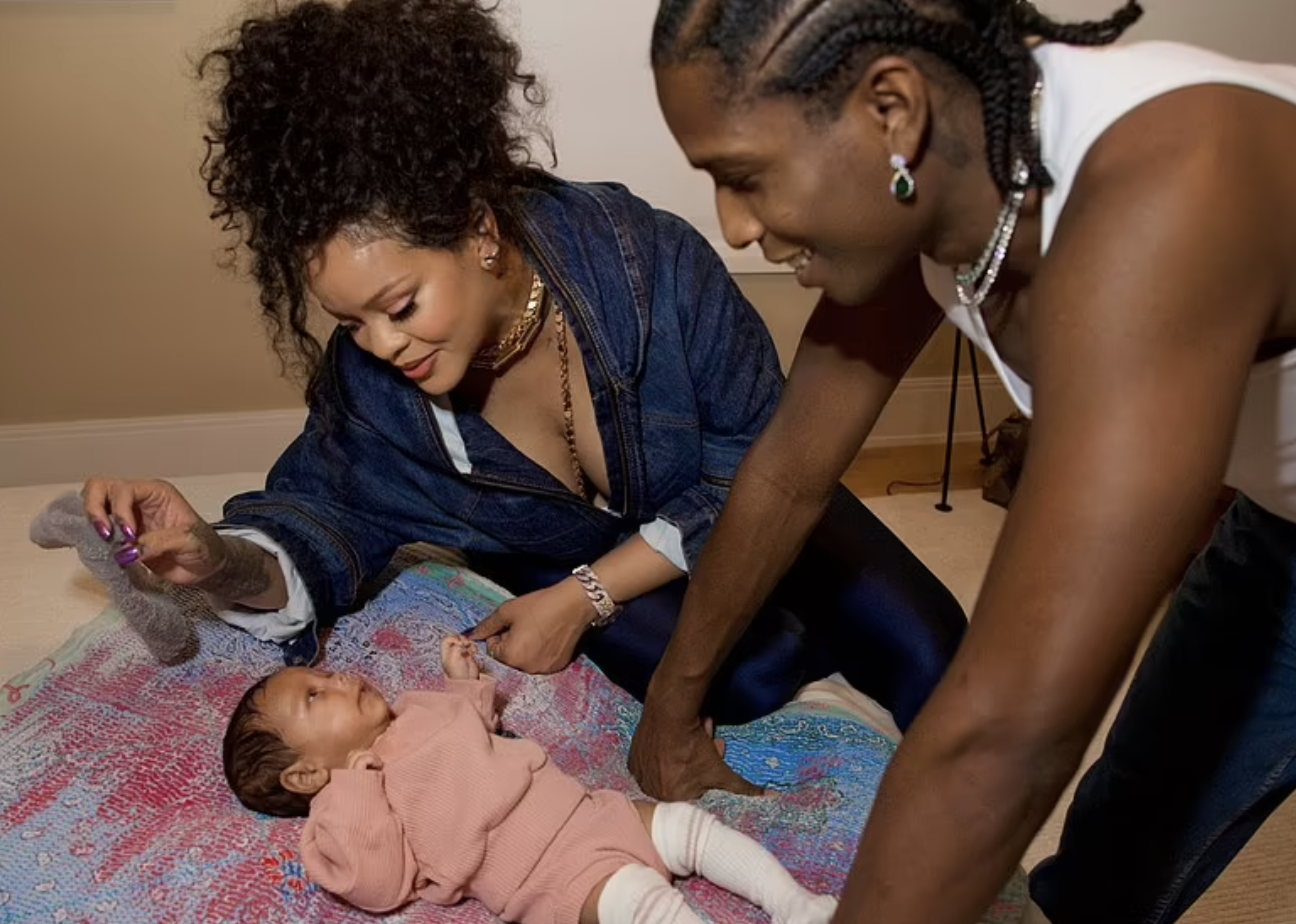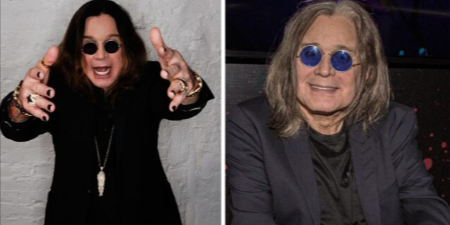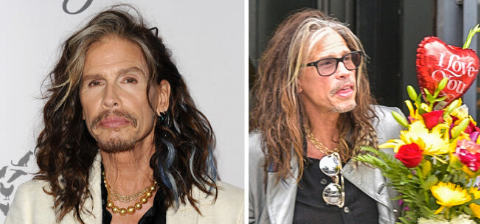Two teenagers reflect on the impact of the self-described misogynist, prompting concern from a Romanian clinical psychologist.
Andrew and Tristan Tate, the American-British brothers facing charges of creating a human trafficking group and sexually assaulting women in Romania, were released from house arrest on August 4. Recent investigative reports have linked them to the Romanian mafia, and chatroom messages analyzed by the BBC suggest that numerous women were groomed into online sex work within Andrew Tate’s circle.
The Tates have gained online notoriety for their controversial personalities and are widely accused of promoting misogyny. They are currently awaiting trial in Romania, where they chose to live due to perceived lax law enforcement.
Their influence extends globally, including in Romania, where some individuals have been affected by their ideologies on manhood. A 17-year-old named Ion accused the media of stirring up controversy around Tate and dismissed the allegations against him, likening it to other divisive issues. Another 16-year-old, Marius, expressed a positive impact from Tate’s content but acknowledged a distinction between the online persona and real-life actions.
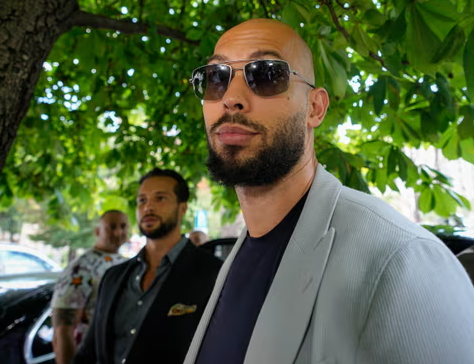
However, clinical psychologist Raul Lupas in Bucharest is concerned about Andrew Tate’s messaging, which he believes encourages self-righteousness and shortcuts to success without a deeper understanding of the world. Tate’s message often revolves around wealth equating to freedom and escaping societal constraints, resonating with many male viewers.
Tate also promotes conspiracy theories, such as “The Matrix,” which suggests hidden powers controlling people’s lives. Some of his followers believe he can guide them toward escaping this perceived control.
When asked about masculinity, both Ion and Marius emphasized traditional roles of providing for the family and physical strength. They did not discuss emotional aspects, empathy, or caregiving. Despite concerns about Andrew Tate’s influence, Lupas notes that there are positive examples of masculinity emerging in the media, promoting alternatives to the stereotypical non-emotional and aggressive male persona.
